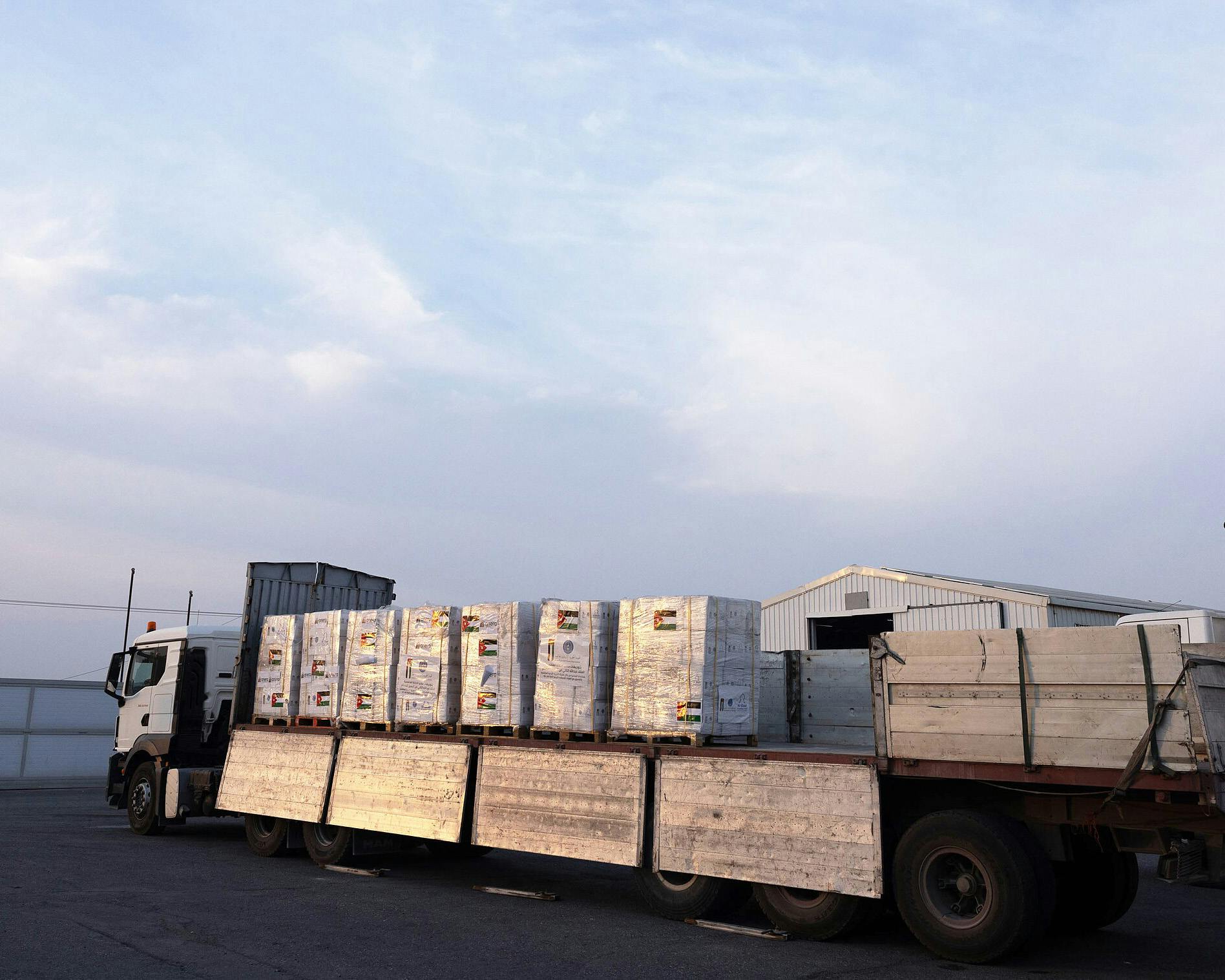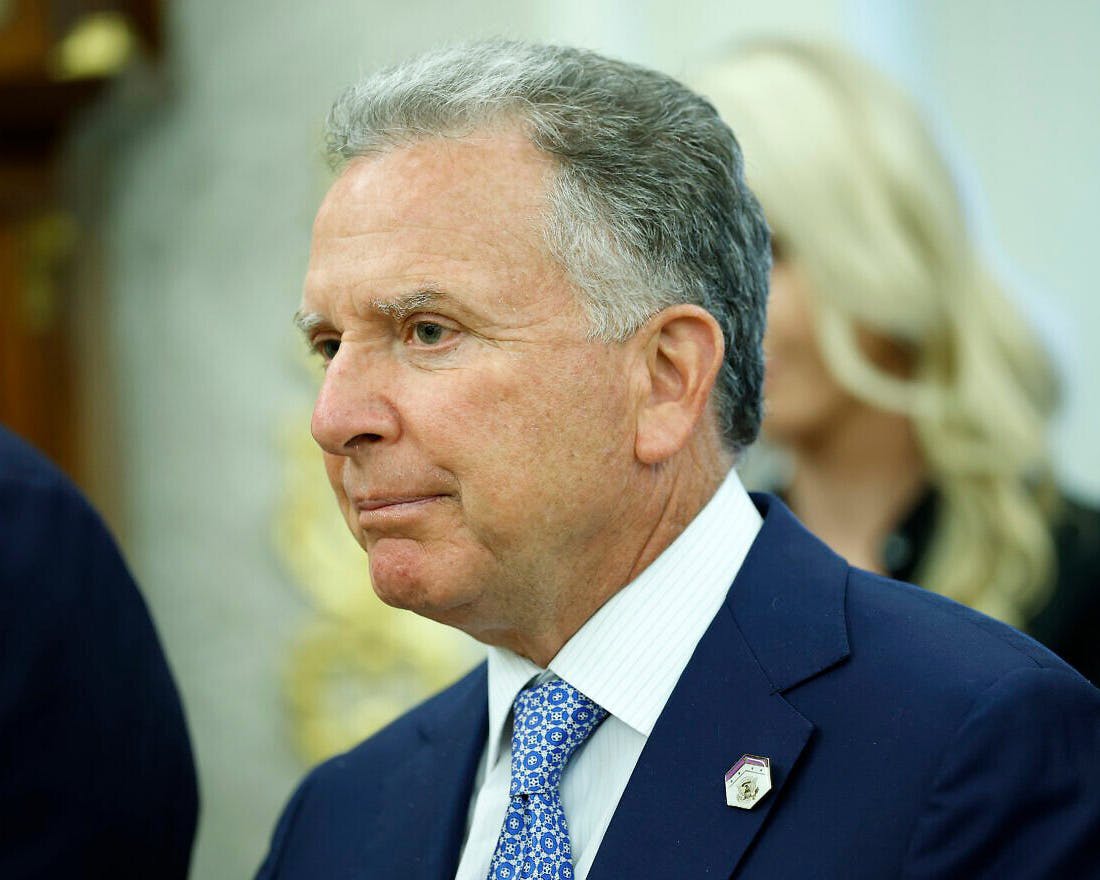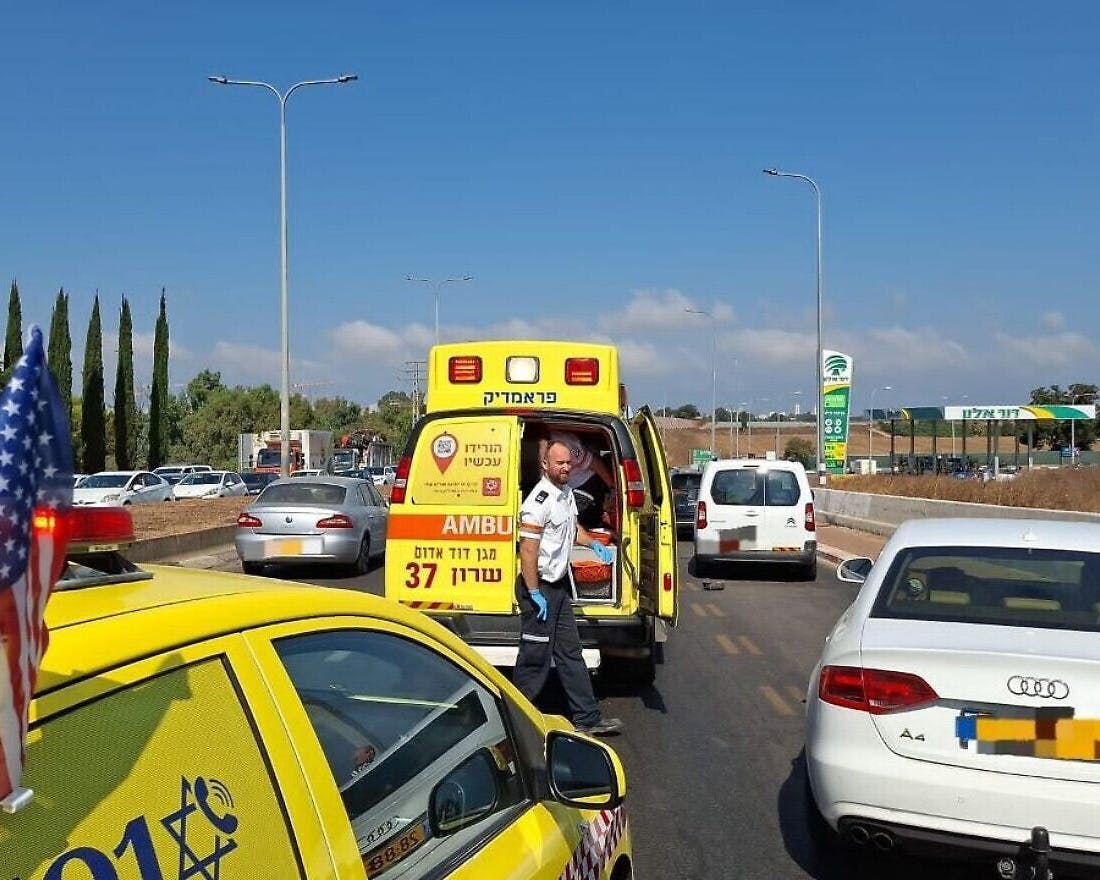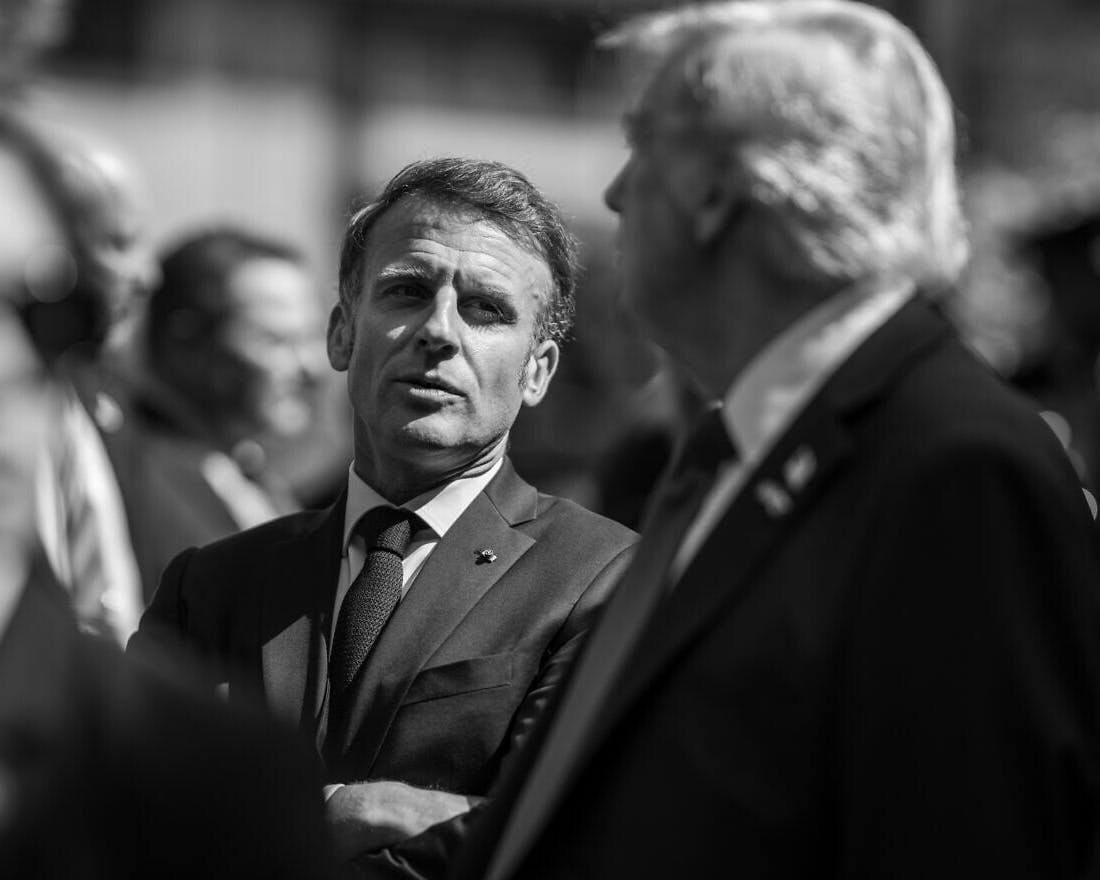Bereaved Father Mourns Two Sons Who Fought Together and Fell Together
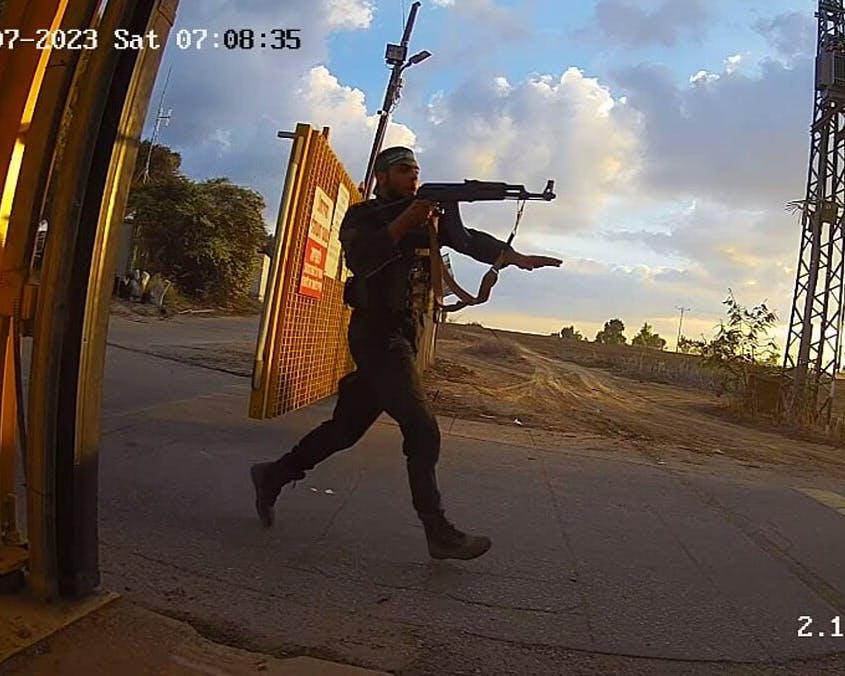
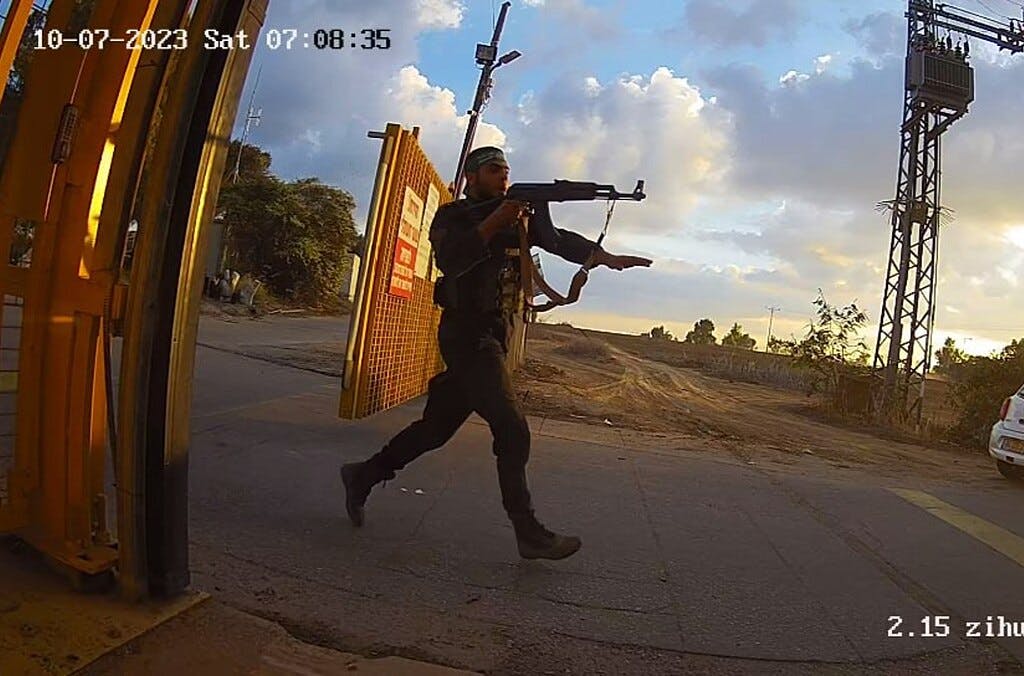
Wednesday, 30 April 2025 | The transition from Memorial Day to Independence Day is difficult for all Israelis, but for Rabbi Shmuel Slotki, this year will be especially stark. Just hours after mourning his two sons, Noam and Yishay, who were killed on October 7, 2023, he will light a torch at the official state ceremony marking the start of Israel's Independence Day celebrations.
Rabbi Slotki, a retired IDF lieutenant colonel, helped locate the missing and the murdered in southern Israel following Hamas's October 7 massacre. He commanded a search platoon within the IDF's unit for locating the fallen.
His sons, Noam and Yishay Slotki, responded to news of the Hamas terror attack on Simchat Torah (rejoicing in the Torah)—the day when the Torah reading ends and begins anew each year—morning by grabbing their personal firearms and first aid kits and heading straight into battle.
Reaching the Gaza border area early that morning, they fought fiercely against dozens of terrorists before falling in combat while defending Kibbutz Alumim. Bodies of dead terrorists were later found all around them.
Despite the uncertainty and grief—his sons were classified as missing for several days before their deaths were confirmed—Rabbi Slotki continued his work. He was later awarded the IDF Chief of Staff Medal of Appreciation.
Speaking to Ynet on Monday, Slotki reflected on his sons' unity despite their different lifestyles and beliefs. "Noam was secular, Yishay was religious and yet they went out together to fight for the people of Israel—not for religious people, not for secular people," he said.
"They fought and fell together, side by side, with different political opinions and voting preferences. It shows our collective responsibility to unite and gather strength together, even in times of deep divisions," he added.
When asked about the political controversies surrounding the torch-lighting ceremony, Slotki said he had not felt any tension during rehearsals. "Of course, the media made noise about it," he said.
"I'm against politicizing the ceremony. Even if I think differently or vote differently, if any government had asked me to light a torch, I would have agreed gladly. Stately conduct must come before politics or personal preferences."
Transportation Minister Miri Regev, who announced Slotki's selection to light a torch, praised him, saying: "Through his heroism and sacrifice, he represents everything noble and beautiful about this country. He paid the highest price and still devoted himself to locating the missing and saving lives."
Recalling the early days of the war, Slotki said: "Those were days no one can forget. We knew our sons had gone to battle and then we lost contact. For five days, they were missing. They could have been hostages or unidentified fatalities—there were so many unknowns."
Slotki and his three other sons, all IDF veterans, immediately reported for reserve duty. "We understood we couldn't help find the boys ourselves but we could contribute to the war effort during that chaotic time," he said. "After five days, they were identified as fallen, and we buried them."
Slotki described how, after the traditional seven-day mourning period shiva, his family gathered to decide how to move forward. "My wife suggested we stay home, since we are now a bereaved family. But one by one, the boys said: 'Our blood is no different than that of our comrades still fighting. We're going back.'
"I told them: buried here on Mount Herzl are Holocaust survivors who fought in Israel's War of Independence—some of them the last survivors of their families. They still chose to sacrifice everything for the rebirth of the Jewish nation. We are no different," he said.
Before Passover, Slotki and his family tallied their reserve service since October 7: between him, his three sons, his son–in–law and his daughter–in–law, they have collectively served 1,750 reserve days—and the count continues.
When asked how he feels seeing the divisions surrounding this year's Independence Day ceremony, Slotki said: "Right after the shiva and during the first 30 days, I began working to heal the social fractures. As a bereaved father—twice over—and because my sons represented two sectors of Israeli society, I understood that I was placed in a unique position.
"Together with partners, I launched 'The Dialogue' project, which monitors the rhetoric of politicians and media figures with large online audiences. We aim to show how toxic and extreme language poisons the public discourse," he explains.
He stressed that, while his project helps create space for respectful debate, it is only a starting point. "The next step is building a shared national purpose and a social contract, essential for a Jewish and democratic society."
When asked if he had a message for anyone considering politicizing the torch–lighting ceremony, Slotki said: "I really hope it doesn't happen. It would desecrate the memory of my sons and many other heroes who fought for unity and mutual responsibility."
"My sons didn't know anyone in the Gaza border communities. They had no relatives or friends there. They went out purely for the people of Israel. Despite their differences, they fought together—and we must honor that by preserving the dignity of our state institutions," he added.
"We should vote and protest when appropriate but not during state ceremonies. We must protect the sanctity and gravity of these moments, in memory of all the fallen— not just for my sons but all those who gave their lives for the same cause."
(This article was originally published by the Ynetnews on April 28, 2025. Time-related language has been modified to reflect our republication today. See original article at this link.)
https://www.ynetnews.com/magazine/article/bysxycnjle
License: Wikimedia
Related Resources

Discover Your Purpose and God’s Heart For You
In today's divided, turbulent world, it's essential for the Church to rediscover God's heart. Our free e-book, authored by a seasoned expert with three decades of experience in Israel, delves deep into the teachings of Jesus (Yeshua) to reveal God’s principles of love and purpose. Learn how embracing these truths can bring significance and impact to your life, even amidst chaos. Subscribe now to receive your free copy and embark on a journey of transformation.

